Grace amid the guilt of sisters’ murders
Grace Cuzens has spent much of her life racked with guilt about the horrific murder of her two little sisters by her mother.
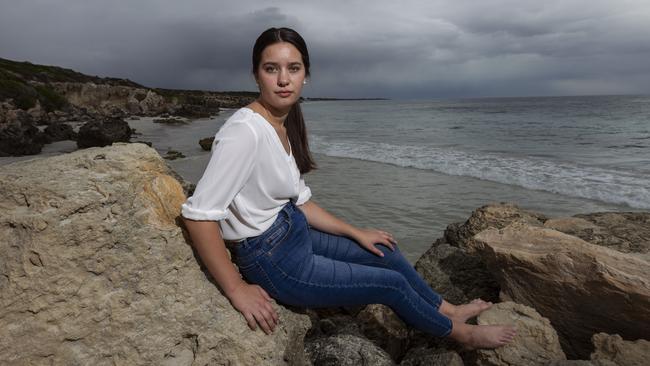
Grace Cuzens has spent much of her life racked with guilt about the horrific murder of her two little sisters.
She was just 13 and more than 350km away when her mother, Heather Glendinning, murdered the girls, aged 10 and 12, before killing herself.
Rationally, Ms Cuzens, now 22, knows she could not have stopped the trajectory of drugs and mental illness that turned her mother into a killer. She has, somehow, wiped her mother from her memory. But she remembers the girls, and she cannot overcome the guilt.
“For a long time, I have held myself very much accountable for Mum’s actions,” she says.
“I have really struggled with my own responsibility in that situation because, looking back, I should have done more and I should have said more.
“There are still days when I can’t help hating myself because I wasn’t there and I didn’t save Jane and Jess … and now I’ll never know if I could have made a difference. Or whether I would be dead too.”
Ms Cuzens has been haunted for the past decade by the memories of the “very normal” last day she spent with her sisters and their final farewells. It has been a part of her life she has tried hard to bury.
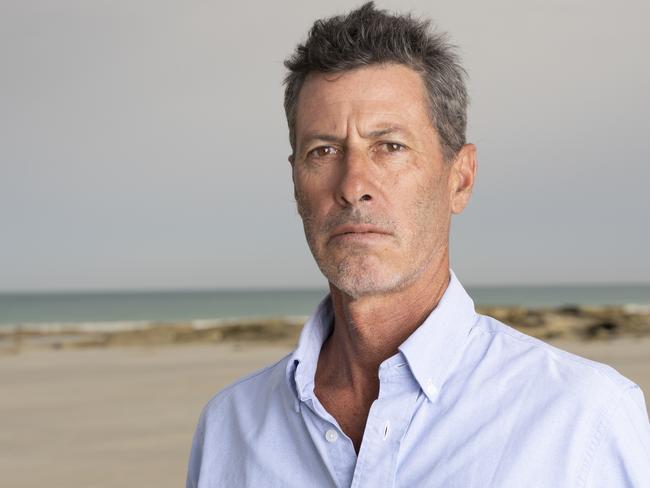
Finding the courage to talk about it for the first time, she wants to use her voice to call for wide-ranging family law reform to help better protect those too vulnerable to protect themselves.
“For ages, I just pretended that (the murders) had not happened,” she says. “That was not my life. I was not that person.
“It’s only been in the past year that I’ve gotten to a point where I can talk to people about it and share childhood memories.
“Our system for dealing with family breakdown and separation is deeply flawed. It is dated, out of touch and ultimately failing the most vulnerable members of our community.
“This is an issue that concerns each and every one of us: we are all accountable for what happened to my sisters; we are all accountable for what happens to every child in our community and it is well past time that we acknowledge this.”
Ms Cuzens was staying at her grandmother’s house in Perth on December 5, 2011, when she received the devastating news her mother had stabbed her sisters to death in their Port Denison home, north of Perth, before taking her own life.
The girls’ father, Harley Cuzens, had been warning the Family Court of Western Australia that Glendinning was suffering serious mental health issues and that his daughters were in danger for almost a decade.
The couple had broken up in 2001, sparking an acrimonious court battle over their three girls.
The stress of the drawn-out, decade-long court case, combined with a growing reliance on marijuana, took a devastating toll on Glendinning.
By March 2010, she had begun making outlandish allegations about Mr Cuzens to police — all of which were investigated before being dismissed.
Her increasing paranoia also manifested itself in regular moves across the state.
By the time she graduated from Year 12, Ms Cuzens had been enrolled in 11 different institutions.

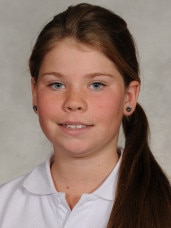
“We’d go to school one day … and when we got home our house would be in boxes and we would be told that it was our last day at that school and we were moving tomorrow,” she recalls.
“She’d say she couldn’t stop her court case against Dad because, as soon as she settled, he would have her killed. That cars were following us. That a bird that had died on the driveway was a warning.
“She’d say she was in contact with organisations that were going to guarantee our safety from Dad. That she would fight until she was dead to keep us safe — safe from Dad.”
In late November 2011, the lawyer representing Ms Cuzens and her sisters in the Family Court became so concerned about their welfare she requested an urgent review of their living arrangements, but her application was put off until January 2012.
Two weeks later, Jane and Jessica were found dead alongside their mother.
A coronial inquest into the tragedy in 2016 concluded “that in the prevailing circumstances, it was difficult to see how the agencies could have acted differently”.
“The coroner found that there was a mass failing in departmental communication and I do agree with that,” Ms Cuzens says. “However, I do think there was compelling evidence available to the court that should have seen Jane and Jess removed from Mum’s custody before December 5.
“Looking back at how many times my mother had moved us around, it was clear that there was an issue with her ability to provide a stable and consistent home environment.
“If you consider how many schools we attended it seems to be an obvious red flag. Then there was the number of days we had each had off school. I don’t have exact numbers, but I know it was more than any other kid I went to school with.”
Ms Cuzens’s insights come in the midst of a federal parliamentary inquiry into the family law system and how it safeguards the interests of children.
She warns that, under the current set-up, too much pressure is placed on children to help decide custody arrangements. “It’s a system that asks children to pick their favourite parent without understanding the consequences of their decision,” she says.
“It is horrific to put a child in the position to ‘pick’ a parent. For me, being asked which parent I would prefer to live with was a cruel joke.
“No matter which parent I advocated for, I was always going to be letting down or betraying the other.
“I cannot describe how awful it was to be afraid that your own parent would hate you for not choosing them.
“In my case, I had to choose between a mum who had a fridge loaded with junk food, who endorsed us watching hours of TV and who had a very casual attitude towards school attendance versus a dad who made us go to school every single day, do our homework, play outside and eat a balanced diet.
“I know the choice any 10-year-old would make and it’s not the same that a rational adult would.”

Ms Cuzens’s experiences with the family court system have led her to studying law at the University of Notre Dame.
The fact she is so well adjusted given the horrors of her past is testament not only to her inner fortitude but to the love and support of those closest to her.
“It makes me really sad to know that Jane and Jess never got to grow up with Dad the way that I did,” she says.
“When we were little, he was someone we didn’t get to spend any real time with; weekends here and there.
“He loved us and we knew that, but it was also overshadowed by Mum’s manipulation.
“After we lost Jane and Jess, Dad was the one to push me to keep going. Pushed me to have a future. And without him, I don’t know where I’d be. He is everything you could ever want a parent to be and I am so grateful to have him in my life.
“My stepmother, Anna, also deserves credit. She raised me as her own, and I know that without her, neither Dad nor I would be here today.”
As for the family she has lost, some ghosts are easier to lay to rest than others.
“I don’t remember Mum at all any more,” she says. “At some point I just let her go.
“As far as forgiveness goes, I don’t think I ever will forgive her, but nor do I hate her — she just doesn’t exist for me any more.”
Her younger sisters, on the other hand, are never far from her mind.
“What happened to my sisters is something I will spend the rest of my life coming to terms with,” she says.
“Some days I manage better than others, but I don’t see a world in which I will ever be the same or be ‘OK’ in the traditional sense of the word.
“When they died, a part of my identity died with them. I carry around my grief and I overload myself with work because I have a crippling fear that if I stop, I will never start again.”
The burden of guilt weighing down on her will never fade — but it also drives her forward.
“I push myself and I push myself hard because if I sit in a hole and don’t do anything, and don’t make my life count for anything, then why was I the sister that lived,” she says.
“I get to live a life that Jessica and Jane won’t get to live, so I owe it to them to have a life that is meaningful, that will be meaningful and will make a difference to someone somewhere.
“I have to try to be the best daughter that I can possibly be for Dad because I’m the only one he’s got left and that has to count for something.
“It has to.”


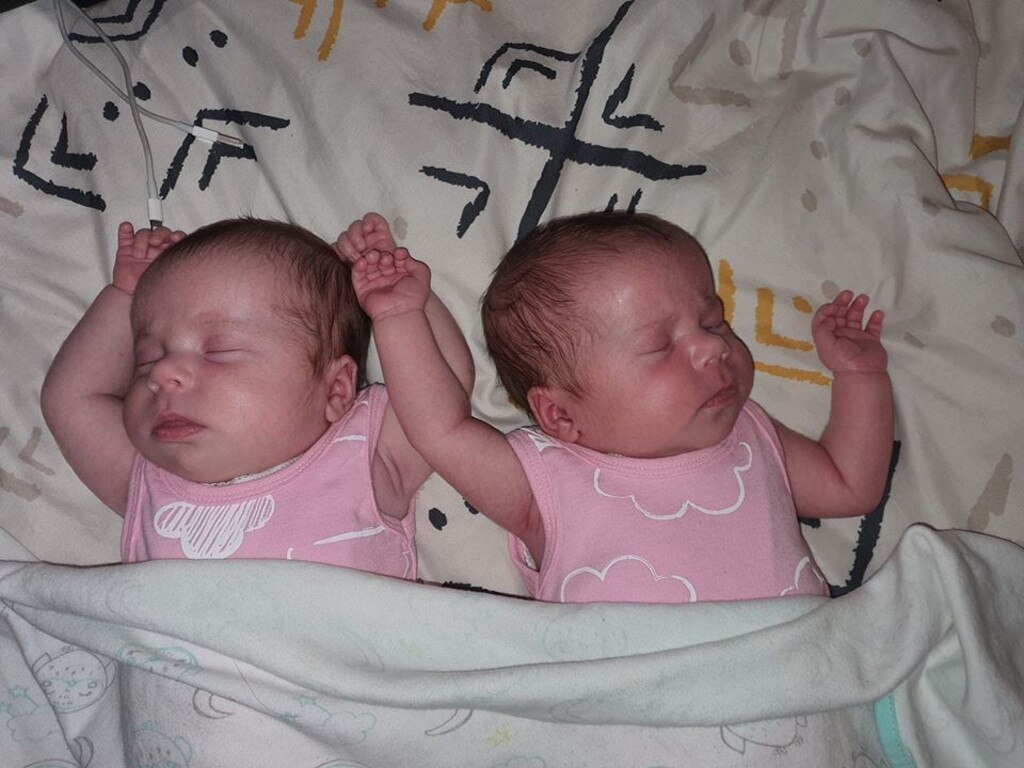
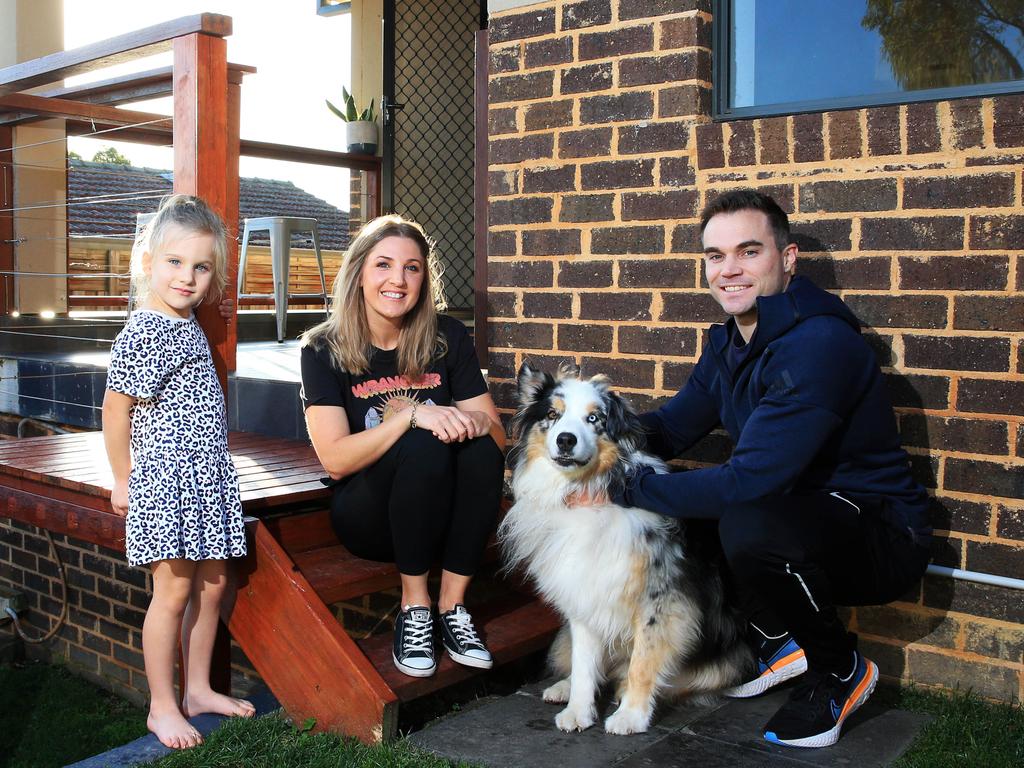


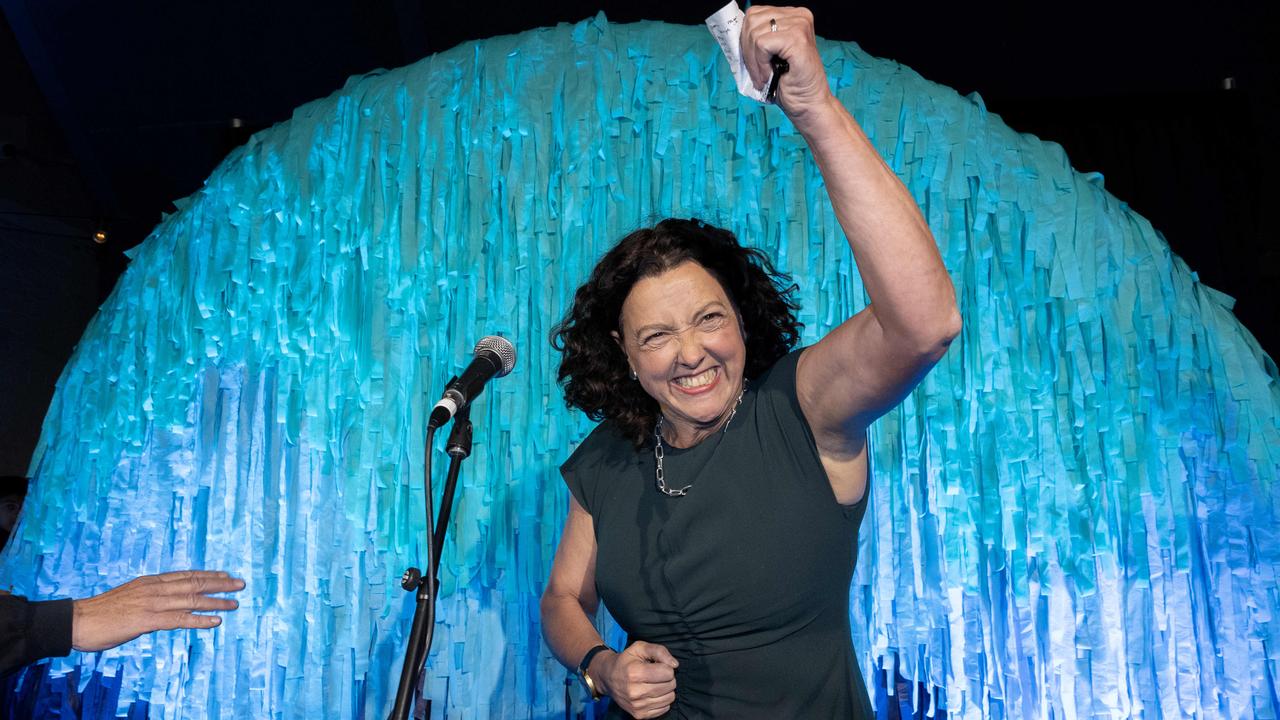
To join the conversation, please log in. Don't have an account? Register
Join the conversation, you are commenting as Logout